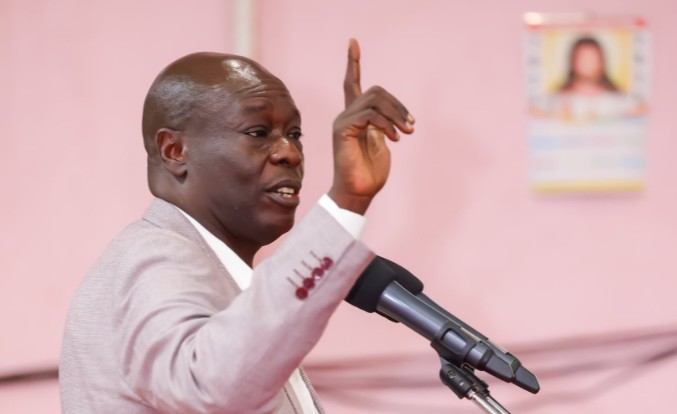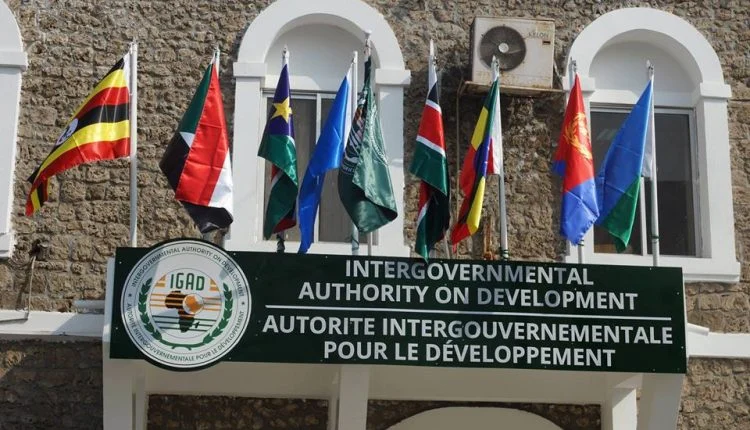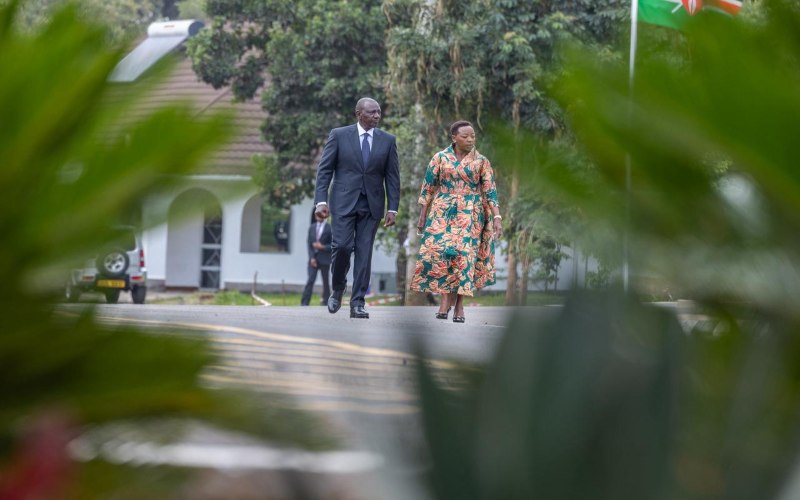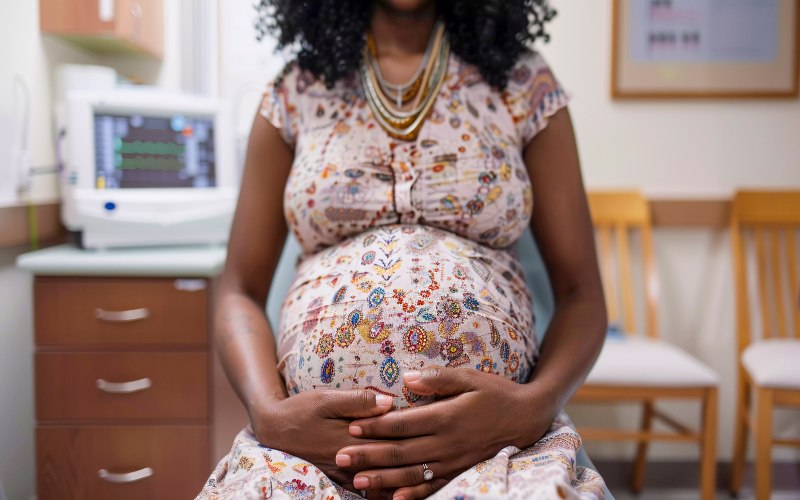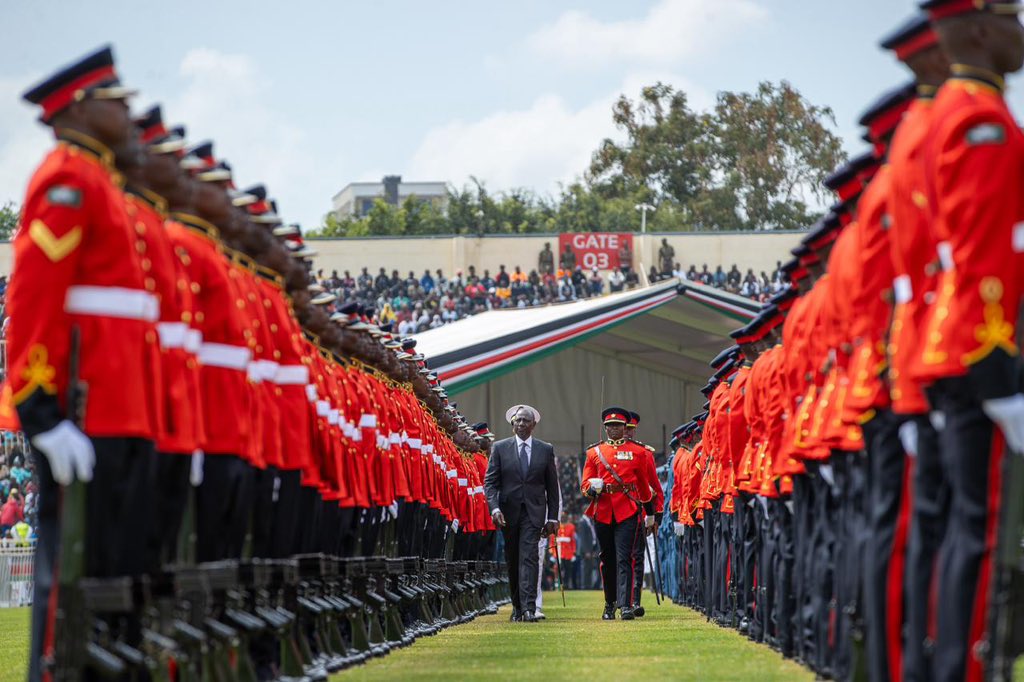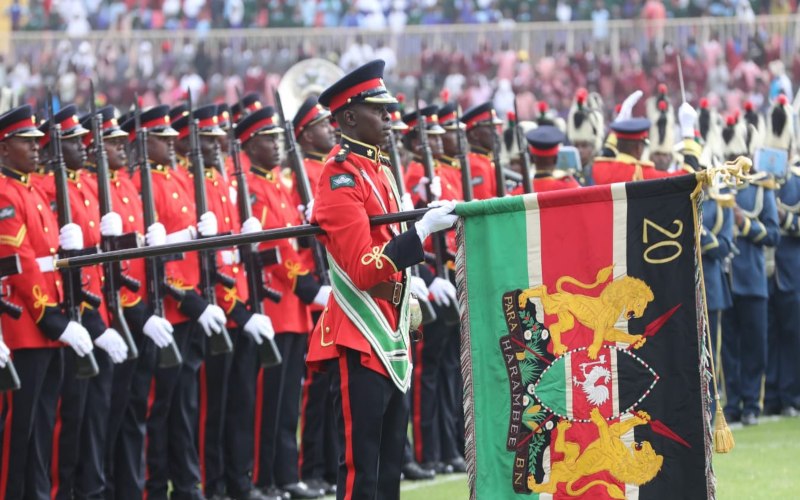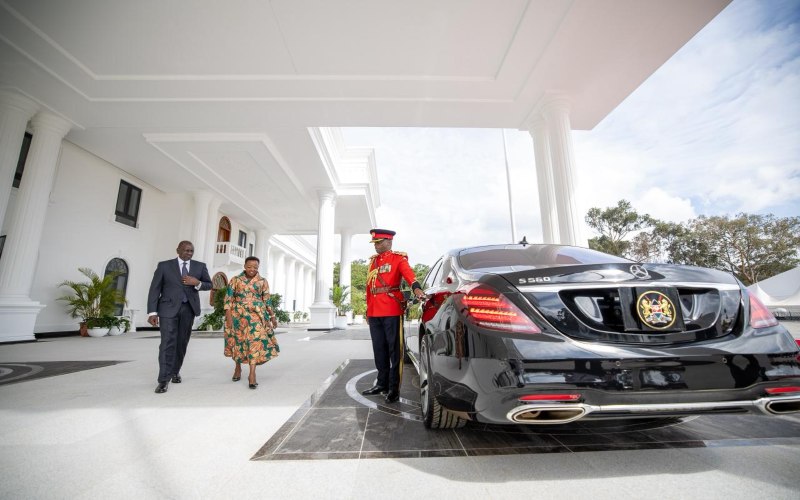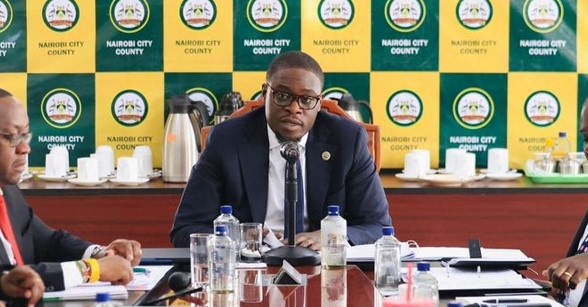Court of Appeal to rule on DCJ Mwilu’s power to appoint judges in Gachagua case
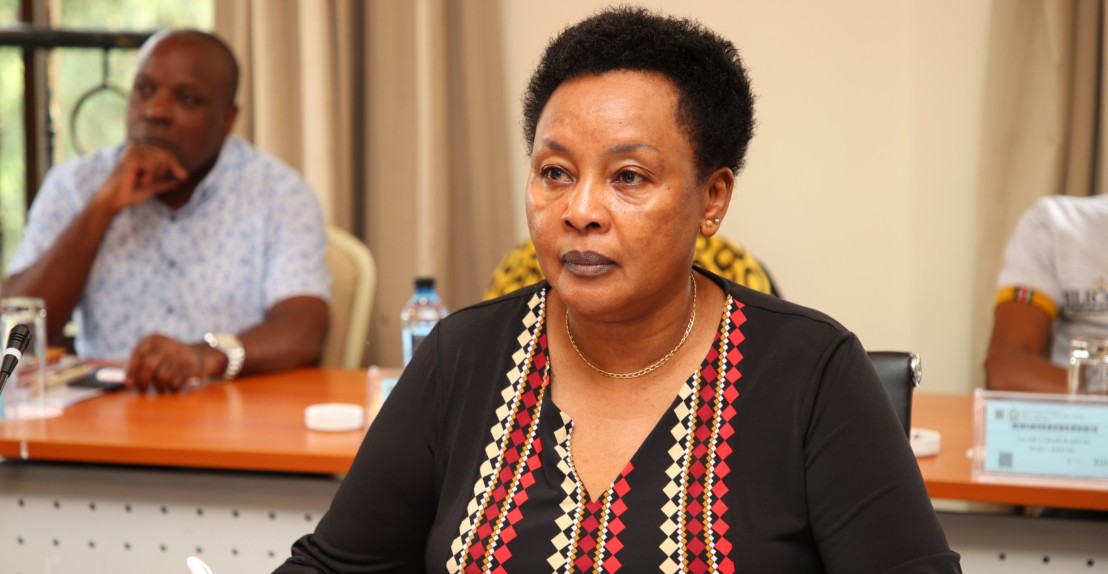
Mwilu had empanelled Justices Eric Ogolla, Anthony Mrima and Fridah Mugambi to hear the case, which sought to determine the legality of Gachagua’s impeachment.
The Court of Appeal will today (Friday) rule on a crucial matter regarding the powers of Deputy Chief Justice (DCJ) Philomena Mwilu to appoint and assign judges to a bench.
The ruling primarily concerns the impeachment of former Deputy President Rigathi Gachagua but is also likely to have significant implications in other ongoing legal matters.
More To Read
- Parallel statements expose deepening rift in 'United Opposition'
- New Bill hands NCIC swift powers to curb hate speech, divisive conduct
- Full implementation of NADCO report puts UDA–ODM pre-election alliance under pressure
- Activist moves to appeal ruling on judges’ recusal in Kindiki ouster case
- Seven arrested over Kariobangi North church chaos as police pursue more suspects
- Gachagua rattles political scene with push for DCP-only candidates in Nairobi in 2027 polls
A three-judge bench comprising Court of Appeal President Daniel Musinga, judges Mumbi Ngugi and Fred Ochieng, will make the judgment.
The central issue revolves around the legality of a bench that DCJ Mwilu appointed in October of last year to hear a petition challenging the National Assembly’s process of impeaching Gachagua.
Mwilu had empanelled Justices Eric Ogolla, Anthony Mrima and Fridah Mugambi to hear the case, which sought to determine the legality of Gachagua’s impeachment.
This case is particularly notable because it includes two consolidated appeals filed by Gachagua, along with David Munyi Mathenge, Peter Kamotho, Grace Muthoni, Clement Muchiri and Edwin Munene.
The appellants are challenging the High Court’s decision, which upheld the DCJ’s actions and declined to have the appointed judges recuse themselves.
The appellants argue that the Chief Justice, not the DCJ, holds the constitutional mandate to appoint and assign judges to benches.
DCJ powers questioned
They contend that by empanelling the bench, DCJ Mwilu overstepped her powers, making the High Court’s bench unlawful and its decisions null.
“The applicant contends that the ruling by the High Court is not only a misrepresentation of Article 165(4) of the Constitution but also a violation of Articles 25, 27, 47, 48, 50(1), and 260,” stated Gachagua’s legal team.
“The Constitution reserves the power to appoint and assign judges solely to the Chief Justice. Therefore, the DCJ had no authority to constitute the bench that heard the impeachment case.”
They further argued that the High Court’s ruling reflected a “grave and erroneous misinterpretation” of the Constitution, particularly concerning the administrative role of the Chief Justice.
In contrast, the High Court had ruled that in the absence of the Chief Justice, the DCJ could still perform certain administrative functions.
The court maintained that the Constitution ensures the continuity of administrative duties, even if the Chief Justice is not available.
“In line with the doctrine of continuity in governance, the drafters of our Constitution were deliberate in ensuring that administrative functions and application of constitutional provisions remain uninterrupted,” the High Court stated.
The outcome of this appeal is also expected to influence a separate, politically sensitive case involving the 2020 advisory by former Chief Justice David Maraga, which recommended the dissolution of Parliament due to its failure to enact the two-thirds gender rule.
Mwilu had appointed a five-judge bench, led by Justice Lydia Achode, to hear this case. The others were Justices George Odunga, James Makau, Anthony Ndung’u and Pauline Nyamweya.
However, some petitioners, including the National Assembly, the Senate, and voters Leina Konchellah and Mohsen Munasar, objected to the composition of the bench, arguing that only the Chief Justice had the power to empanel judges.
Interestingly, the National Assembly took opposing positions in the two cases. In the Gachagua case, it supported DCJ Mwilu’s decision to empanel the bench, but in the Parliament dissolution case, it contended that the DCJ did not have the authority to do so.
Top Stories Today
